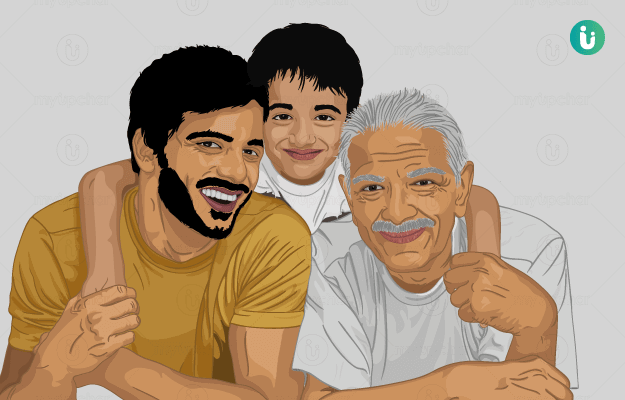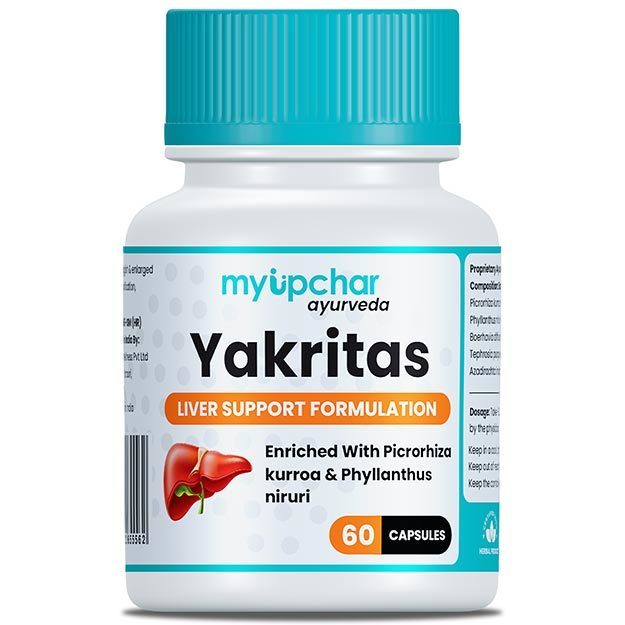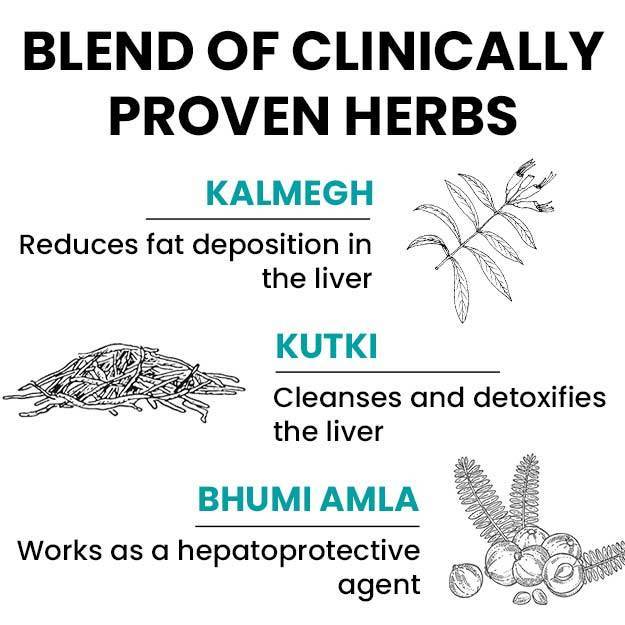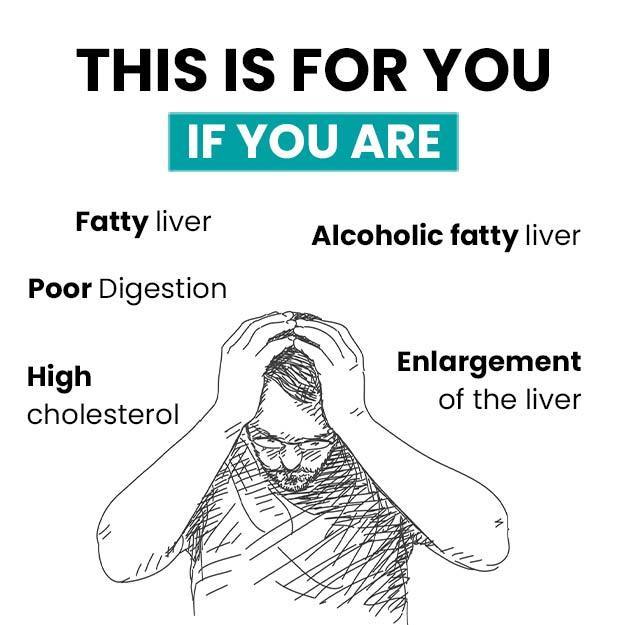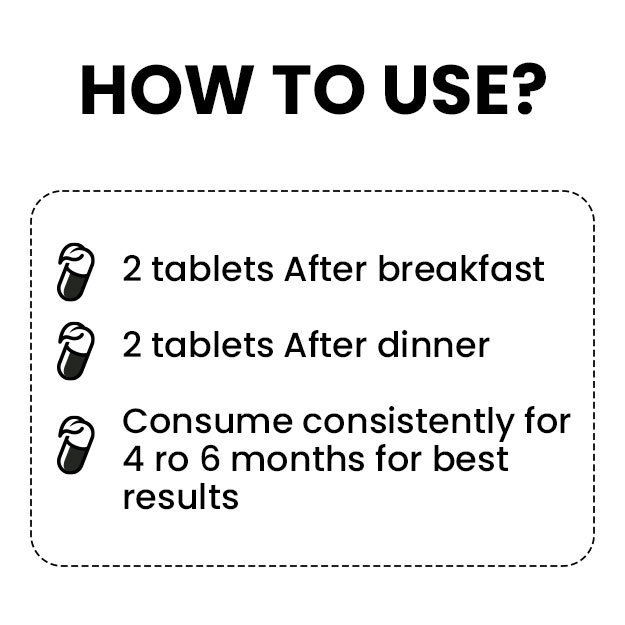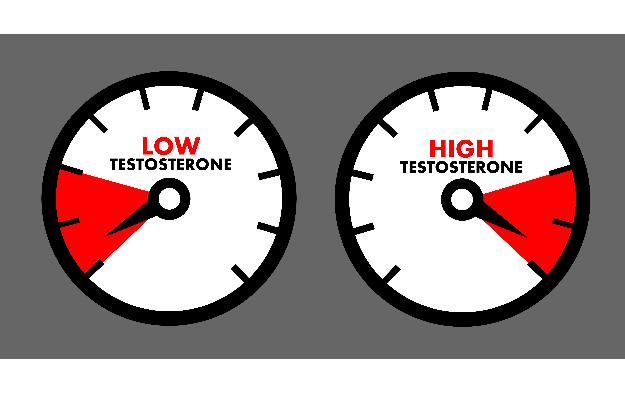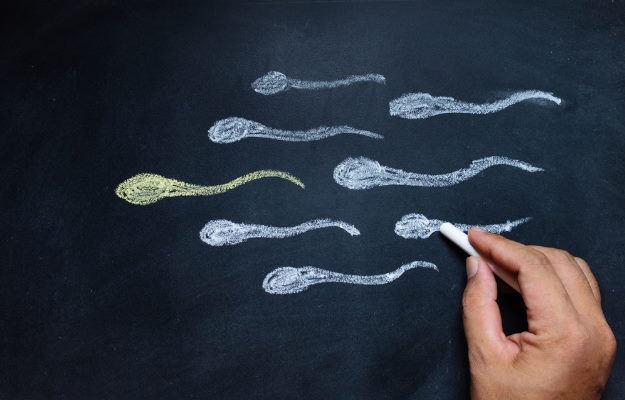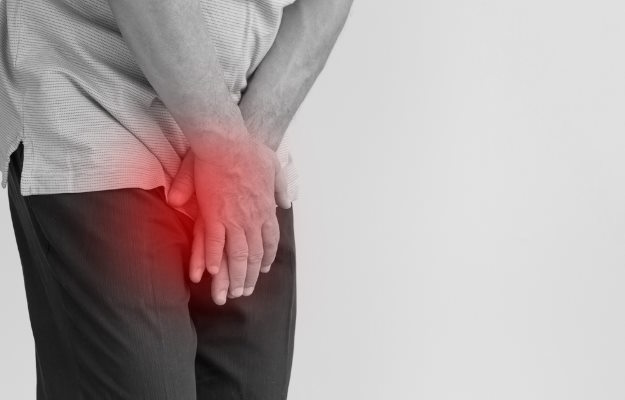Government of India’s latest Sample Registration Survey (2013-17) shows that Indian men live to an age of 67.8 years on average. This is marginally more than Indian men’s life expectancy of 67.4 years in the 2012-16 survey. Living a long life is desirable to most people, of course. But what is equally important is to live a healthy and happy life. There are many ways that Indian men can do to win this hattrick of long life-healthy life-happy life.
Chief among them are:
- Prevention of disease: While this can help anyone to live longer with a better quality of life, this is especially important for Indian men for at least two reasons:
- One, men tend to get some diseases, like heart disease, at a younger age than women.
- Two, India has a large global burden of diseases like tuberculosis, a bacterial infection that usually affects the lungs. The world over, more men suffer from tuberculosis than women - it is also one of the leading causes of death among adult males in India.
- Nurturing good habits: This includes habits like healthy eating, regular exercise, regular health check-ups for early diagnosis of conditions like an enlarged prostate and kidney stones, and more open discussions to dispell myths that affect men's health. Case in point: Dhat syndrome, a "culture-bound" condition in which men feel a great sense of loss when they ejaculate during masturbation or sexual intercourse.
- Shunning bad habits: Men are more likely to have bad habits such as excessive alcohol consumption, using tobacco, and making risky choices in India - partly fuelled by a misguided sense of machismo. This has many repercussions for men's health. For example, more men die in road accidents across India than women. Around 19% of Indian men (15 years and above) also smoke compared with 2% of Indian women - smoking tobacco kills about one million people every year, an additional 300,000 Indians die each year as a result of using smokeless tobacco.
Of course, there's more that goes into ensuring a healthy and long life for India's men. For example, efforts need to be made to avoid deaths among young men as a result of occupational hazards like exposure to chemicals, high rate of suicide among Indian men and the high incidence of road accidents. Risk-taking behaviours, toxic masculinity, low awareness around health concerns like sexually transmitted diseases - also contribute to poor health outcomes for men.
Differences between men and women
Men are biologically and behaviorally different from women. This means:
1) Some health conditions can affect men and women differently. These conditions include everything from stress to acne, hair loss, urinary tract infections (UTIs), multiple sclerosis, stroke, heart attack, osteoporosis and STDs. The symptoms and effects of some of these diseases can be different for men and women. Men are at a bit of an advantage here: historically, clinical trials have been done with mostly male participants. The result: we know more about the symptoms of diseases in men, many drugs and therapies are also designed (by default) for men.
2) While there are some conditions like pregnancy and menopause that don't affect men's bodies at all, there are other conditions that are exclusive to men. Some of these conditions are:
- Ailments linked to the sexual organs: Examples include erectile dysfunction, premature ejaculation and balanitis or inflammation of the head of the penis.
- Certain types of cancer: Examples include penile cancer and prostate cancer.
- Some genetic conditions: An example of this is Klinefelter syndrome, in which a boy is born with an extra X chromosome. Colour blindness, which is linked to a gene on the X chromosome, is also more common in men - men have just one copy of this chromosome compared with two X chromosomes in women.
Top causes of death among men
Heart disease is the No. 1 common cause of death in men around the world. While men are at risk of heart disease from a younger age, women tend to be at similar risk post-menopause. Stroke, caused by poor blood flow to the brain, is also a leading cause of death among men worldwide.
According to the Report on Medical Certification of Cause of Death 2017, released by the Office of the Registrar General, India, the government of India, the top causes of death among Indian men are:
1. Diseases of the circulatory system: This includes
- "Diseases of pulmonary circulation" or blood supply to the lungs and some forms of heart disease. Of the 168,948 Indians who died of this set of diseases in 2017, 106,168 were men.
- Ischaemic heart disease: coronary artery disease is a type of ischaemic heart disease. Of the 153,257 Indians who died of this set of diseases in 2017, 94,783 were men.
- Hypertensive diseases, mainly high blood pressure. Of the 71,907 Indians who died of this set of diseases in 2017, 42,020 were men.
- Cerebrovascular disease or diseases that affect the blood supply to the brain. Examples include stroke. Of the 69,759 Indians who died of this set of diseases in 2017, 43,571 were men.
Of the 479,091 Indians who died of diseases of the circulatory system in 2017, 294,910 were men.
2. Infectious and parasitic diseases: Of the 147,394 Indians who died from infectious and parasitic diseases like tuberculosis, acquired immunodeficiency syndrome or HIV/AIDS, malaria and septicemia or sepsis, according to death certificates issued in 2017, 93,236 were men.
3. Diseases of the respiratory system: These include pneumonia, asthma, bronchitis, emphysema and pleurisy.
4. Neoplasm: Certain types of cancer, like lung cancer and pancreatic cancer, affect Indian men more than women. (Ironically, under 2% of breast cancer patients in India are men. Yet, low awareness and stigma surrounding breast tissue in men mean that a lot of these patients don't come forward. As a result, they are diagnosed late and have a poor prognosis.)
5. Injury, poisoning and external factors: These include burns and fractures but not road accidents.
This data doesn't include deaths by suicide, substance abuse and road accidents, which claim millions of lives in India each year.
Suicide deaths among Indian men
Suicide is the act of taking one's own life. Though anyone can be pushed to the brink in the absence proper support structures, emphasis on good mental health care and medical help, people suffering from depression, stress, schizophrenia, personality disorder, anxiety, substance abuse like alcoholism or drug addiction, and bipolar disorder may have higher suicidal tendency. Financial difficulties, relationship problems or mental illness can also increase suicide risk.
Globally, the suicide rate for men is at least three times higher than in women.
Data from the Global Burden of Diseases, Injuries, and Risk Factors Study 2016 show that suicide claimed 8.17 lakh lives globally. Over 2.3 lakh of these suicide deaths were in India, including 135,934 involving Indian men. (The world over, 559,523 men died after committing suicide in 2016).
Road accidents among Indian men
Data show that while 1% of the world's vehicles run on Indian roads, the country accounts for 6% of accidents globally. In 2017, an association of Indian family physicians called road accident deaths a "public health crisis".
In an article published in the Journal of Family Medicine and Primary Care in 2019, members of the Academy of Family Physicians of India wrote that
Nearly 66% of of people who die in road accidents on Indian road are aged 15 - 44 years.
In 2017, there was a total of 464,910 road accidents, 147,913 road accident deaths and 470,975 people were injured.

